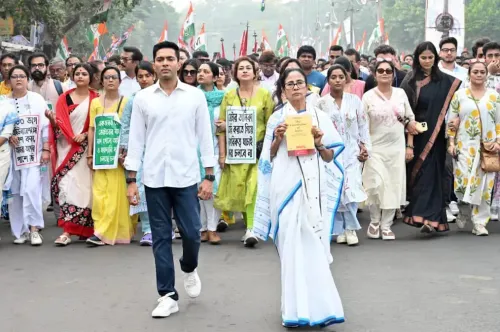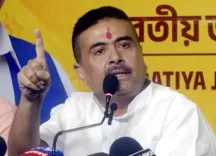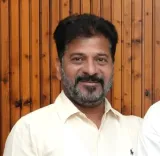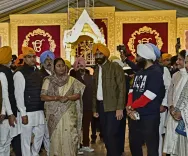Is Trump Ready to Mediate the Kashmir Dispute?
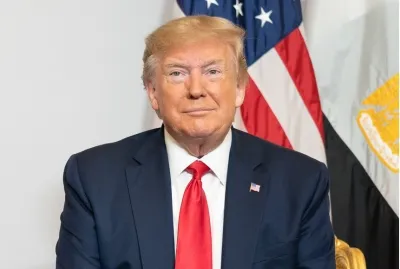
Synopsis
Key Takeaways
- Trump's offer to mediate Kashmir could reshape the dialogue between India and Pakistan.
- Ceasefire violations highlight ongoing tensions despite diplomatic efforts.
- International mediation remains a contentious issue for India.
- Future relations depend on both nations' willingness to engage in dialogue.
- Global perspective on Kashmir continues to evolve amidst geopolitical changes.
Washington, May 11 (NationPress) US President Donald Trump on Sunday expressed his readiness to act as a mediator in resolving the long-standing Kashmir conflict between India and Pakistan, humorously labeling it a dispute of “a thousand years”, despite Pakistan violating a newly announced ceasefire agreement within hours of its implementation.
New Delhi has consistently opposed any form of third-party mediation, asserting that Kashmir is an essential part of India.
In a post on his social media platform, Truth Social, Trump praised the ceasefire “understanding” that emerged after four days of heightened military tensions following the Pahalgam terror attack.
He cautioned that without timely intervention, the situation could have resulted in millions of deaths.
“I am very proud of the strong and unwavering leadership of India and Pakistan for having the strength, wisdom, and fortitude to fully know and understand that it was time to stop the current aggression that could have led to the death and destruction of so many, and so much. Millions of good and innocent people could have died! Your legacy is greatly enhanced by your brave actions,” Trump stated.
Taking credit for the de-escalation, which was broken by Islamabad nearly two hours after Trump's announcement, he added, “I am proud that the USA was able to help you arrive at this historic and heroic decision. While not even discussed, I am going to increase trade, substantially, with both of these great Nations.”
Trump also offered to mediate the Kashmir issue, a particularly sensitive topic between India and Pakistan.
“Additionally, I will work with you both to see if, after a 'thousand years', a solution can be arrived at concerning Kashmir. God Bless the leadership of India and Pakistan on a job well done!!!” he posted.
However, just hours after the ceasefire agreement took effect on Saturday evening, Pakistani forces violated the agreement by launching drone attacks and shelling Indian territories.
Ceasefire violations were reported in Akhnoor, Mendhar, R.S. Pura, Chamb, Bhimber, and Gurez sectors. Loud explosions were also heard in Srinagar, despite the truce being scheduled to commence at 5 p.m.
Indian Foreign Secretary Vikram Misri, addressing a press conference on Saturday, confirmed that Indian forces have been responding “adequately” to the Pakistani breaches.
He noted that although the ceasefire understanding aimed to halt all military actions - on land, in the air, and at sea - Pakistan's actions have already jeopardized it.
“This is a breach of understanding. The army is monitoring the situation closely,” Misri stated, emphasizing that the Indian government has taken serious note of the fresh Pakistani provocations.
The ceasefire, while welcomed globally, now stands on uncertain ground with the recent violations, raising doubts about the potential for any long-term resolution, especially on contentious issues like Kashmir, even with external mediation.



